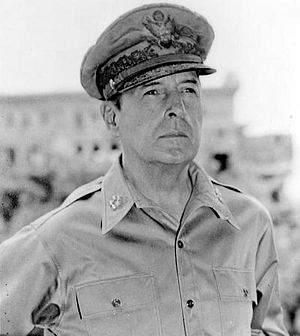Well, horse, er, feathers. As a Vanderbilt guy, I’ve been enjoying a rare — read never before — opportunity to lord it over graduates of perennial football powerhouses like Florida, Georgia, and Tennessee. Vanderbilt defeated all three in the same season for the first time ever, then went on to beat Houston in a bowl game and finish ranked in the Top 25 for the second straight season. A memorable year to be sure.
Whereupon bigger-profile schools started queuing up to poach our coach, James Franklin. Franklin’s name came up in connection with NFL teams, and with vacancies at colleges such as the University of Texas and Southern Cal. Penn State, another grand old program in distress, ended up landing him. No hard feelings. In his three years in Nashville, Coach Franklin gave the university the best three-year stretch in its football history.
Here’s why I regale you, dear readers, with this bittersweet tale. The past three years have disproved some old Vanderbilt lore. In the rotten years, we used to console ourselves that, as a smallish private school with high academic standards, we just couldn’t win in the murderous Southeastern Conference. Such myths endured despite Notre Dame’s success. They endured even when Stanford and occasionally Northwestern and Wake Forest started fielding formidable gridiron squads.
In short, the university developed a kick-the-dirt football culture over the years. Readers of the Naval Diplomat know that Clausewitz defines strength as a product of force and resolve. The Franklin years have proved beyond doubt that the university can recruit enough guys talented enough to score touchdowns and study mechanical engineering. What about resolve, though? Is three years of victory enough to break a loser culture that was decades in the making? Or did we just happen on an exceptional and irreplaceable leader?
The coming years will provide a laboratory to probe such questions. You see where I’m going with this. Like football teams, any organization has its own culture, deeply ingrained at its founding. Habits of mind, and ways of thinking about and managing the surroundings, stubbornly resist change. Uprooting an unhealthy culture is tough absent some traumatic external stimulus — a stunning victory or, more likely, a shattering defeat. And yet individual leadership can get it done under auspicious circumstances.
Look no further than the Korean War, the topic for this week in our intermediate-level course. General Douglas MacArthur, America’s God of war, masterminded the amphibious assault at Inchon in 1950. MacArthur’s army outflanked the North Korean host operating in the South and, it seemed, was on the brink of reuniting the Korean Peninsula under Seoul’s rule. Next China intervened in force, MacArthur went from exaltation to despair, and all appeared lost. Happily, General Matthew Ridgway was ordered in to replace him, and soon restored the United Nations’ fortunes on the battlefield.
That sort of instant cultural turnaround is why presidents — a Harry Truman, an Abraham Lincoln, and on and on — are always searching for the right commander to carry the fight to an adversary. And that’s why football teams fallen on hard times go looking for new coaches once the season ends. In sports as in life, one determined leader can make the difference. Here’s hoping a worthy successor alights in Nashville.

































